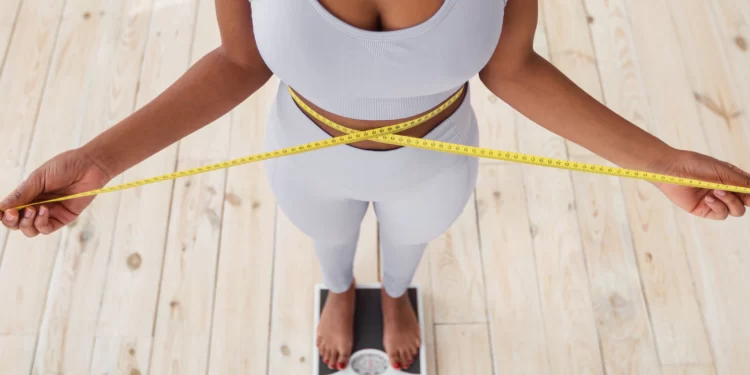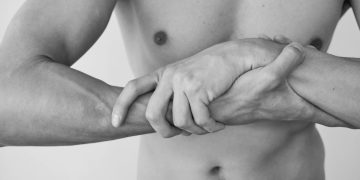The answer to this question is complicated and highly individualized. In general, however, a calorie deficit is required for weight loss. The size of the deficit depends on many factors, including starting weight, activity level, metabolism, and more. Working with a registered dietitian or other healthcare professional can help you determine the right caloric deficit for you.
Did you know that the average person needs about 2,000 calories per day to maintain their weight? This number can vary depending on age, gender, activity level, and other factors. If you want to lose weight, you need to create a calorie deficit by eating fewer calories than your body needs. For example, if you eat 1,800 calories in a day but your body needs 2,000 calories, you have created a 200-calorie deficit. Over time, this can lead to weight loss.
10 Things you should never do when trying to lose weight
1. Don’t skip meals
The first mistake people make when they’re trying to lose weight is skipping meals. They think that by missing a meal, they’re cutting calories and that will help them lose weight. But in reality, skipping meals can actually lead to weight gain. When you skip a meal, your body goes into “starvation mode” and starts to store fat. So instead of skipping meals, eat smaller meals more often throughout the day.
2. Don’t crash diet
Another mistake people make when trying to lose weight is going on a crash diet. Crash diets are very restrictive and can be hard to stick to. Plus, they don’t promote healthy eating habits. Instead of crash dieting, focus on making small changes to your diet that you can stick to for the long term.
3. Don’t eat late at night
You’ve probably heard that eating late at night can lead to weight gain. And while there is some truth to this, it doesn’t mean you have to avoid eating late at night altogether. Just make sure that you’re not eating a large meal right before bed. A small snack or light dinner is fine, but anything more than that can lead to weight gain.
4. Don’t eat mindlessly
Mindless eating is one of the biggest obstacles to weight loss. When you eat mindlessly, you’re not paying attention to what you’re eating or how much you’re eating. As a result, you can easily overeat and pack on the pounds. To avoid mindless eating, make sure to sit down at the table for every meal and take the time to really savor your food.
5. Don’t eat processed foods
Processed foods are loaded with calories, sugar, and unhealthy fats. They can also be high in sodium, which can lead to water retention and bloating. If you’re trying to lose weight, it’s best to avoid processed foods as much as possible.
6. Don’t eat out all the time
Eating out can be convenient, but it’s not always the best choice when you’re trying to lose weight. Restaurant meals are often high in calories, salt, and fat. And they can also be expensive. If you want to lose weight, try to cook at home more often.
7. Don’t drink your calories
Another mistake people make when trying to lose weight is drinking their calories. Sugary drinks like soda, juice, and even some coffee drinks can contain a lot of calories. And while alcohol doesn’t have many calories, it can still lead to weight gain. If you’re trying to lose weight, stick to water or unsweetened tea.
8. Don’t make drastic changes
When you’re trying to lose weight, it’s important to make gradual changes to your diet and lifestyle. Drastic changes are often unsustainable and can lead to yo-yo dieting. Instead of going on a fad diet or making radical changes to your lifestyle, focus on making small, sustainable changes that you can stick to for the long term.
9. Don’t compare yourself to others
Comparing yourself to other people is one of the worst things you can do when trying to lose weight. Everyone is different and loses weight at different rates. Instead of comparing yourself to others, focus on your own progress and celebrate your own successes.
10. Don’t give up
Finally, don’t give up on your weight loss goals. Losing weight takes time and patience. And there will be setbacks along the way. But as long as you stay motivated and committed, you will eventually reach your goals.
Do macros matter for weight loss?
The answer is yes and no. While macros do play a role in weight loss, they are not the be-all and end-all. It’s more important to focus on eating healthy, whole foods than it is to worry about hitting your macro targets.
Calorie deficit is only one part of the weight loss equation. While it’s important to create a calorie deficit if you want to lose weight, there are other factors that are just as important. Focus on making healthy changes to your diet and lifestyle and be patient. Weight loss takes time, but it is possible to achieve your goals.

























